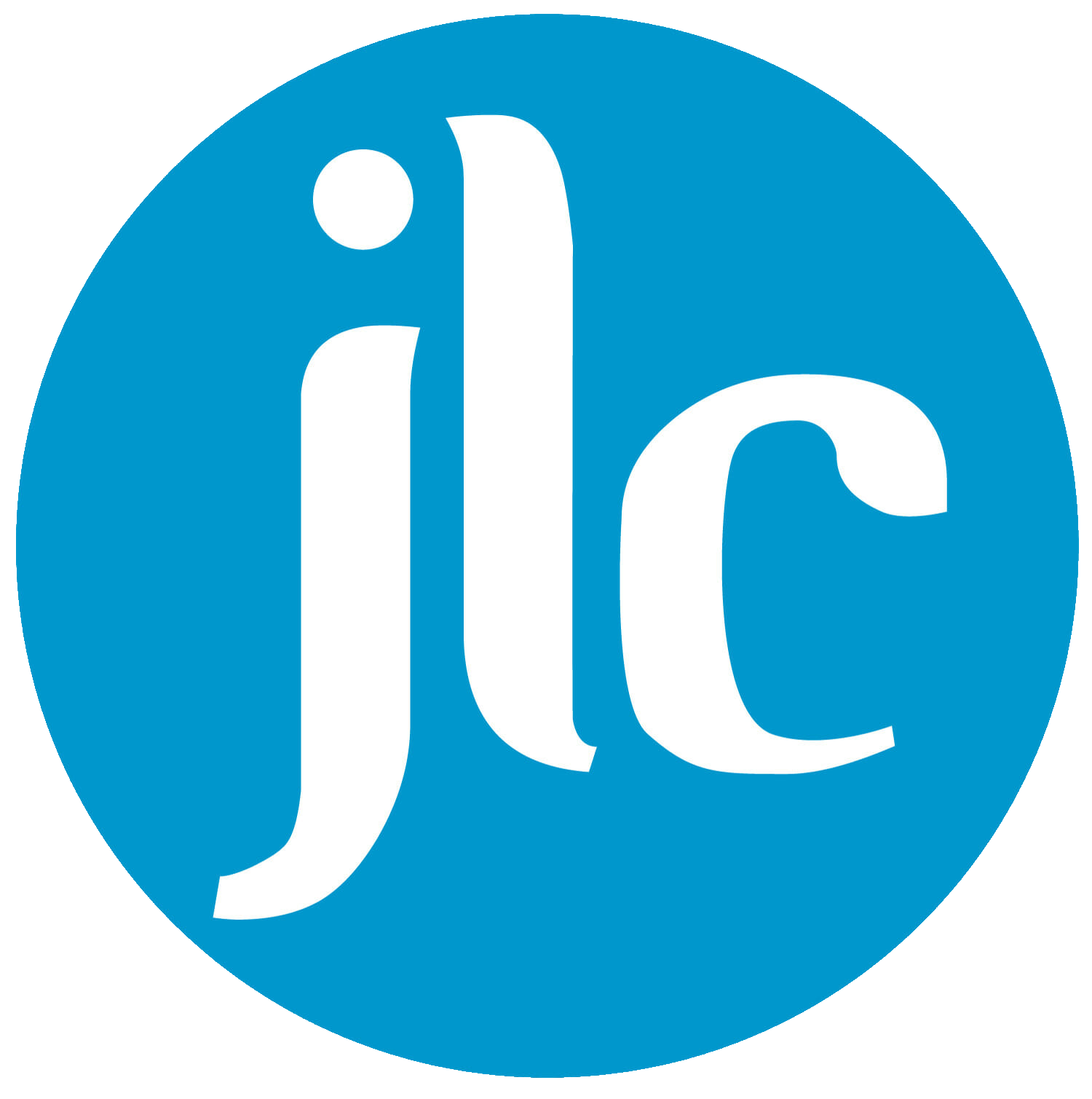Last night, Treasurer Jim Chalmers delivered the Federal Budget 2023-24. Here are the standout features for individuals and SMEs
Individuals:
In line with the Government’s approach to cost of living relief, the Treasurer has announced an increase in the Medicare levy low- income threshold which will apply to singles, families, seniors and pensioners. The thresholds where taxpayers do not pay Medicare levy will increase as follows:
- Singles – from $23,365 to $24,276
- Families – from $39,402 to $40,939
- For each dependant child or student, the family income
- threshold will increase by a further $3,760, an increase from
- the previous amount of $3,619
- Single seniors and pensioners – from $36,925 to $38,365
- Family seniors and pensioners – from $51,401 to $53,406.
Superannuation:
The Government announced it will require superannuation guarantee contributions to be paid by employers at the same time as their employees’ salary and wages. This measure was previously announced by the Treasurer on 2 May 2023 and is proposed to commence on 1 July 2026.
Employers must currently pay super guarantee contributions on a quarterly basis by the 28th day after quarter end. The current payment due dates are 28 April (for the March quarter), 28 July (for the June quarter), 28 October (for the September quarter) and 28 January (for the December quarter).
Tax Measures:
Deducting an additional 20% of the cost of eligible depreciating assets that support electrification and more efficient use of energy, providing such assets are first used or installed ready for use. Up to $100,000 of total expenditure will be eligible for the Small Business Energy Incentive, with the maximum bonus deduction being $20,000.
The Government will amend the Gross Domestic Product (GDP) adjustment factor for PAYG and GST instalments at 6%, instead of 12%. The reduced factor will provide cash flow support to small businesses and individuals who are eligible to use the relevant instalment methods.
Instant Asset Write-Off:
Small businesses with an annual turnover of less than $10 million will be able to immediately deduct the full cost of eligible assets.
A $20,000 instant asset write-off for small businesses with annual turnover below $10 million will be in place from 1 July 2023 to 2024.
Cost-of-Living Relief:
- From July 2023, eligible households and small businesses will receive electricity bill relief of up to $500 and $650 respectively.
- Passenger Movement Charge: The Passenger Movement Charge will be increased by $5 from 1 July 2023, with the revenue generated used to fund tourism-related infrastructure and marketing initiatives.
- Eligibility Criteria for BTR Projects: The Budget includes measures to encourage foreign investment in Build-to-Rent (BTR) projects, including a 50% cap on foreign ownership and a requirement for projects to have at least 50 units.
Overall, the 2023-2024 Australian Federal Budget has introduced several measures aimed at providing relief to small and medium businesses, encouraging foreign investment, and delivering a fairer society. While the measures will benefit many, businesses will need to ensure they meet the eligibility criteria to benefit fully. If you have any concerns or questions regarding the above, reach out on 1300 225 552 or jlc@jlcassociates.com.au.
